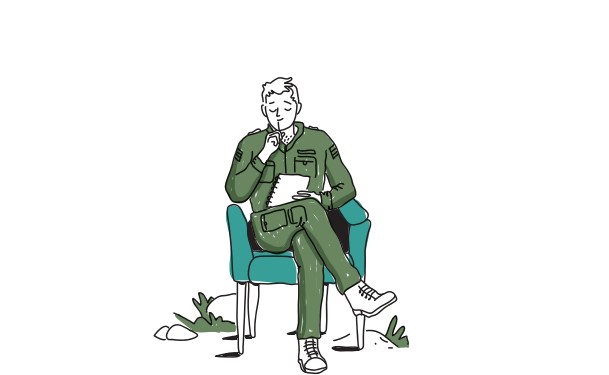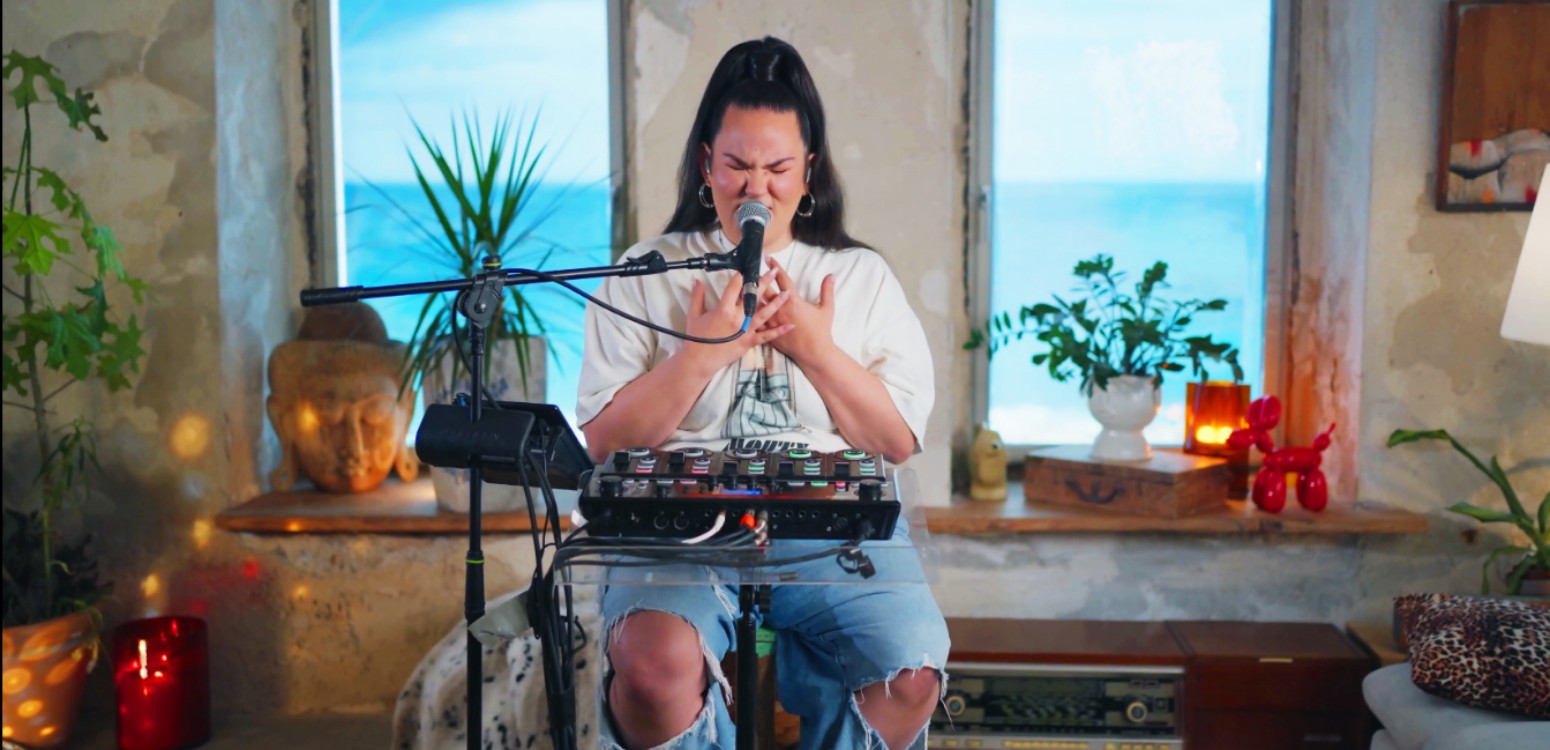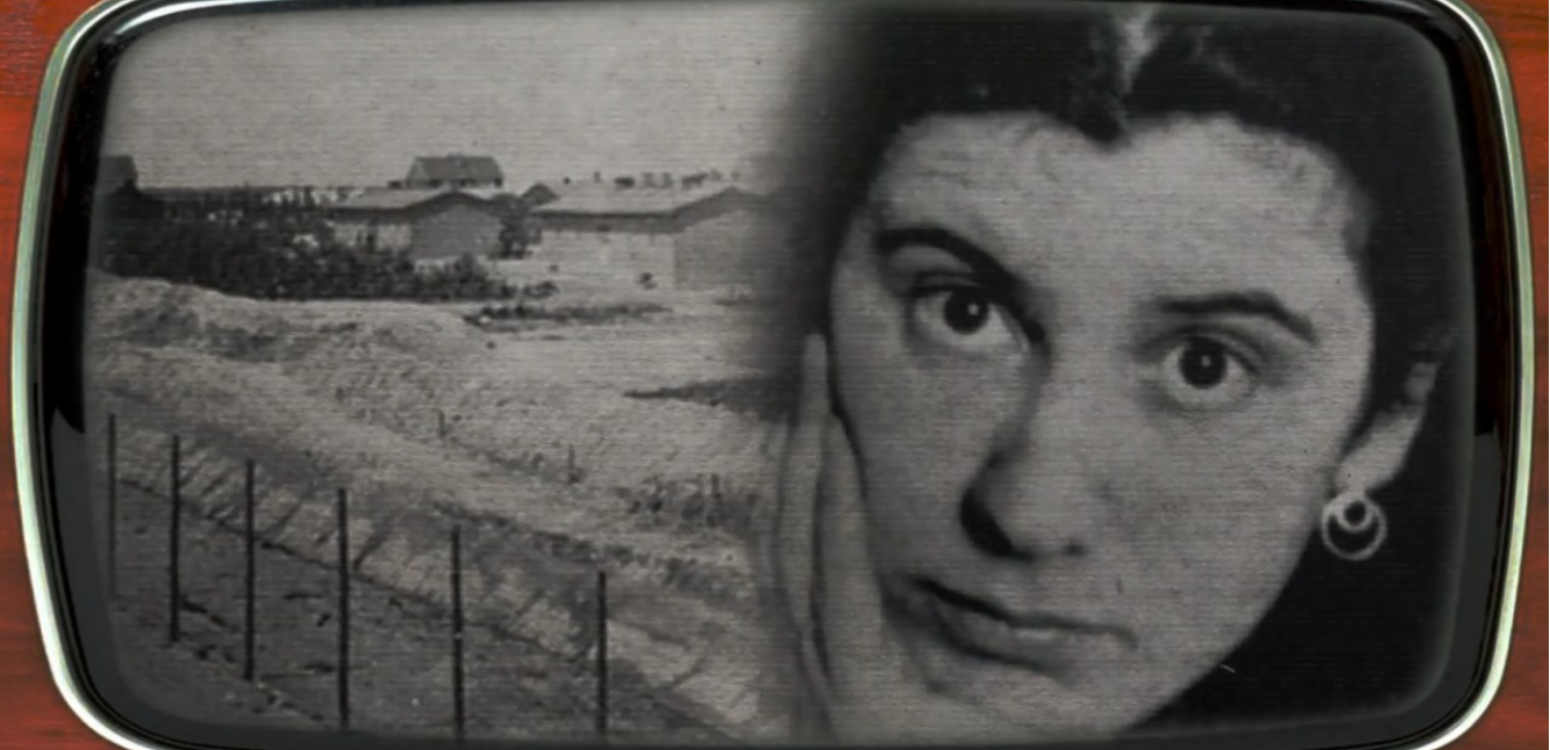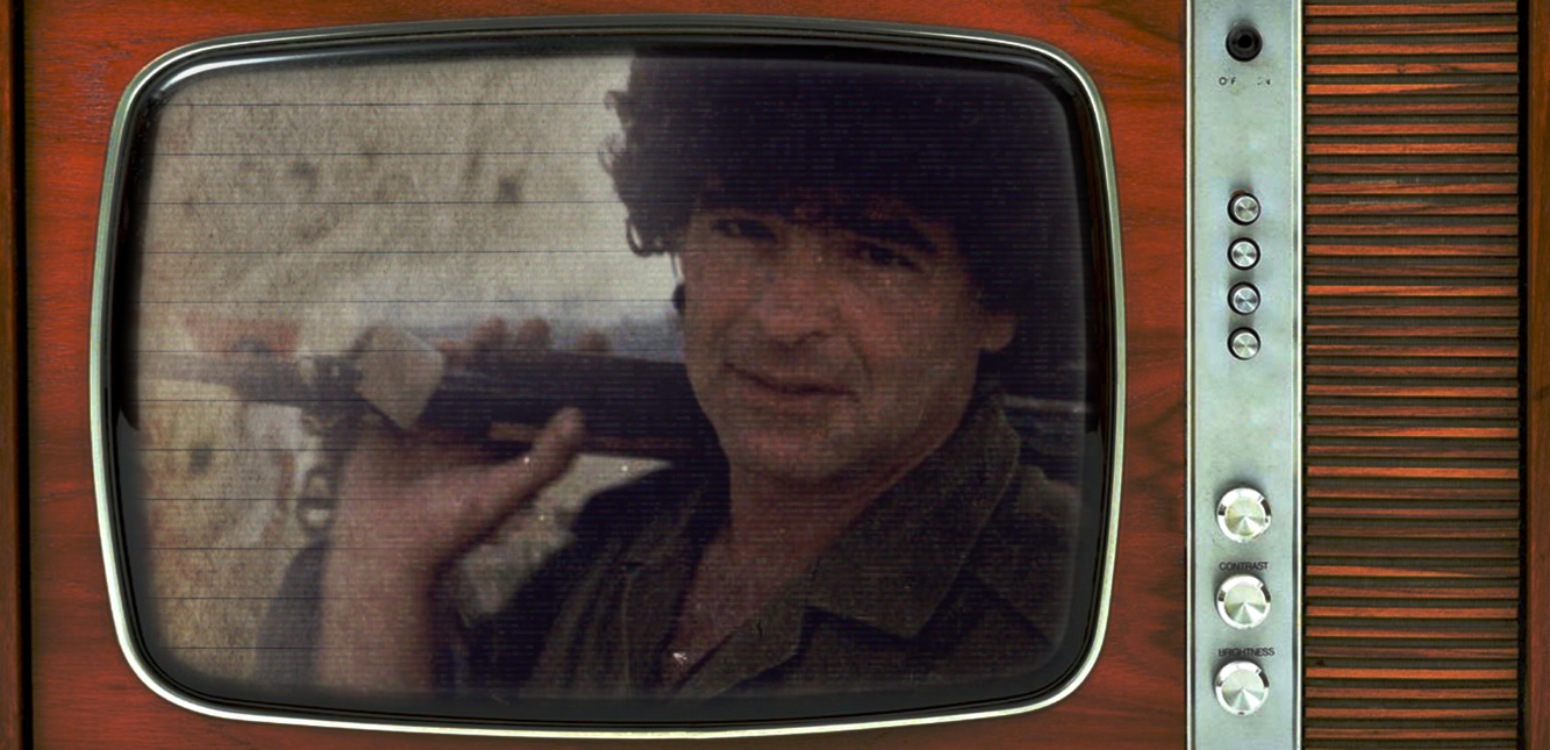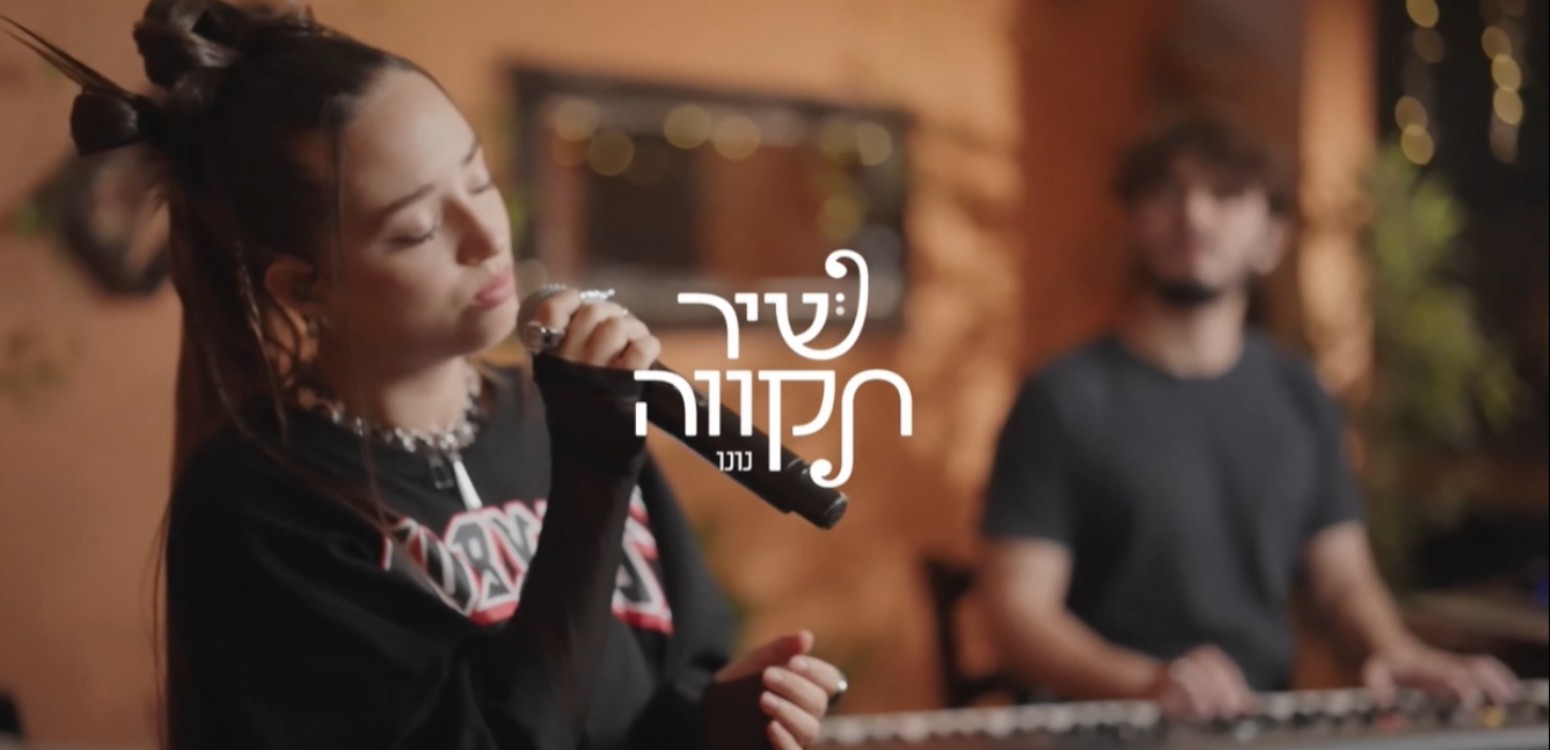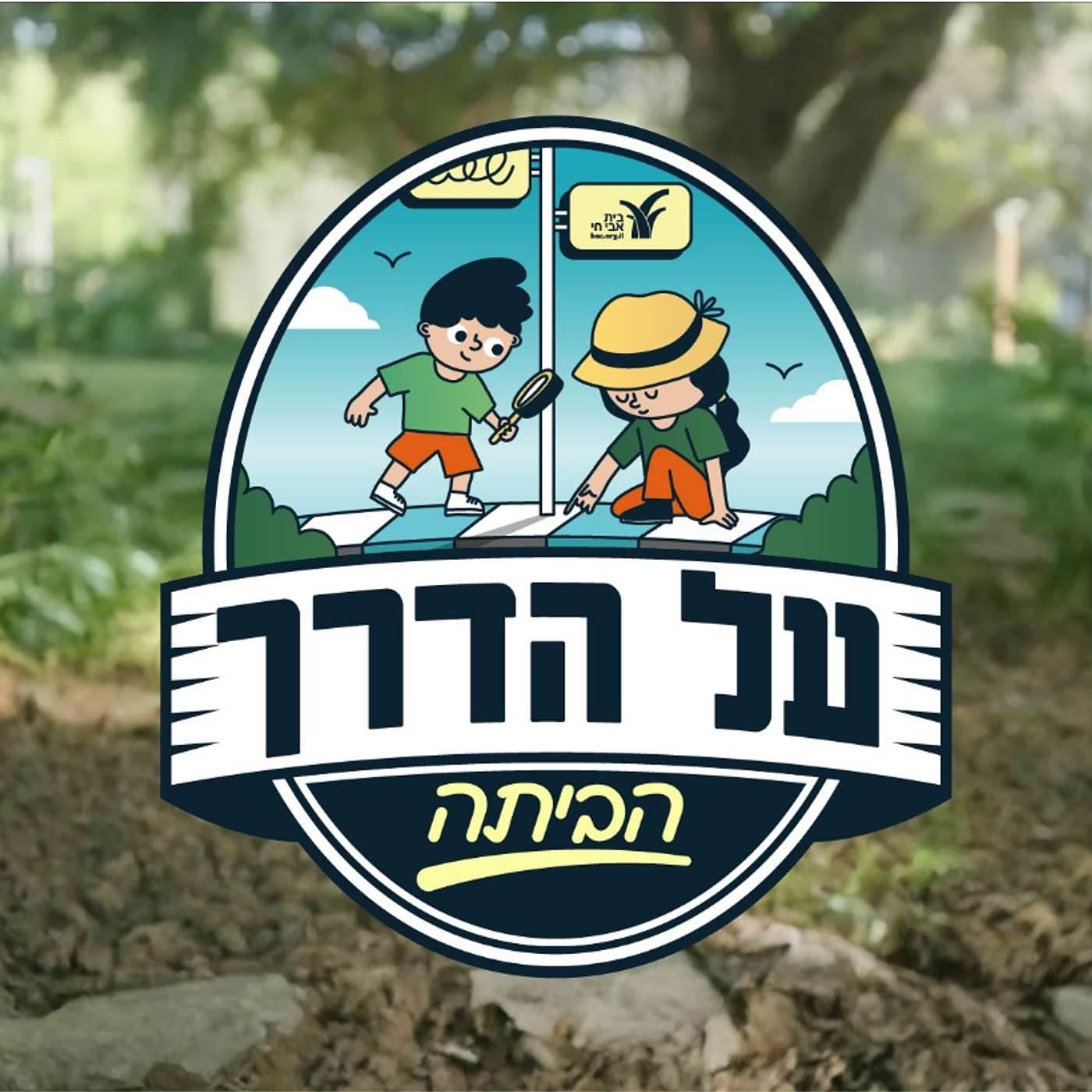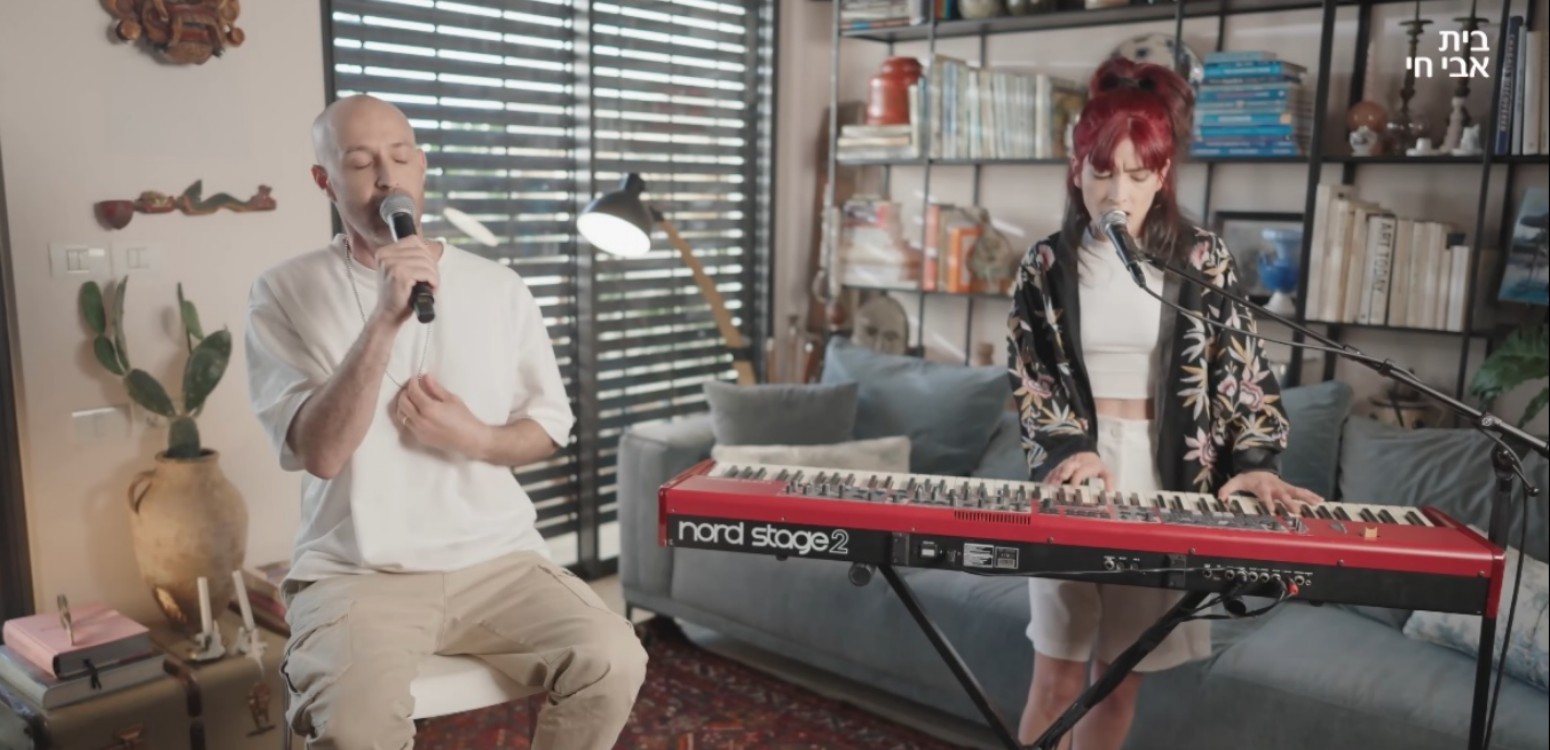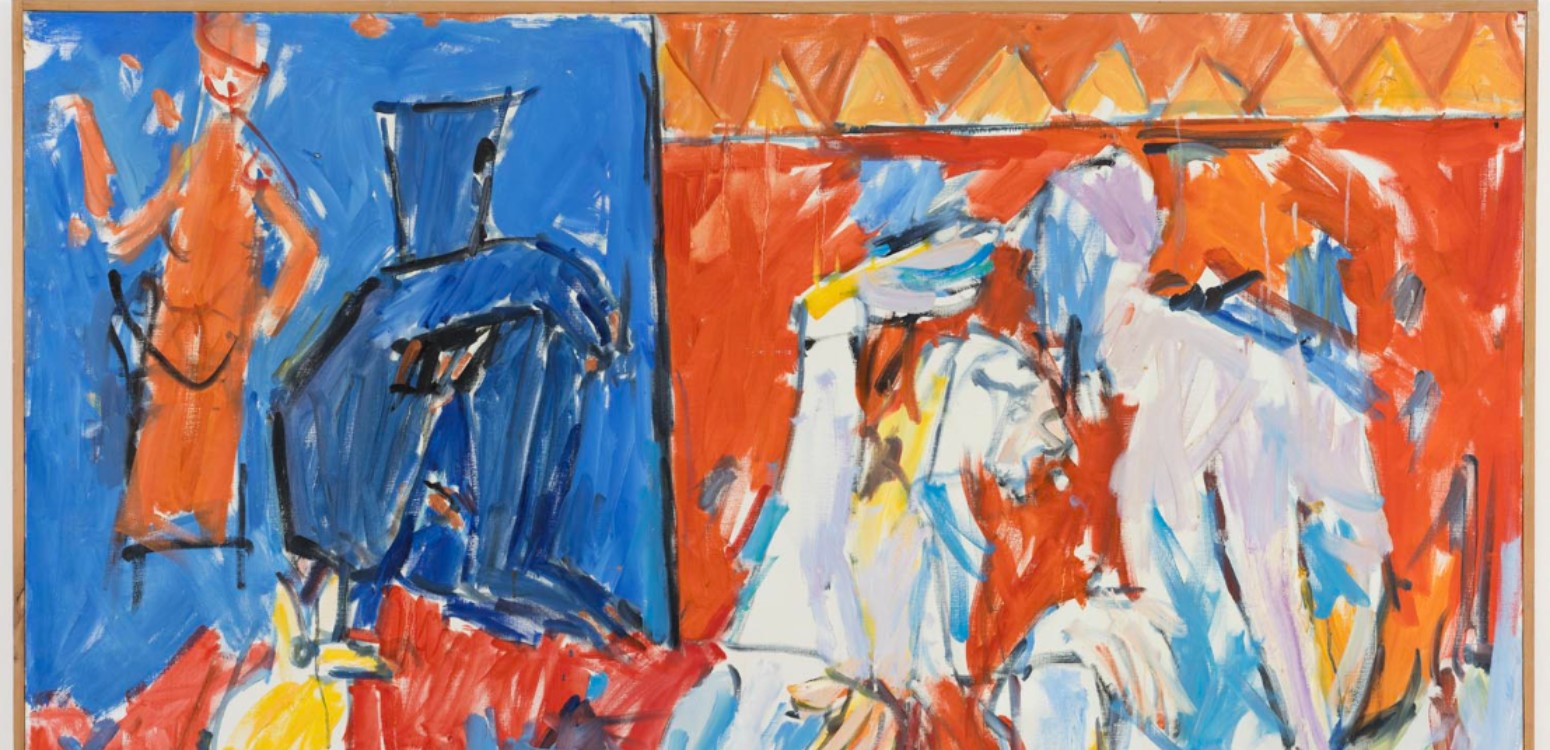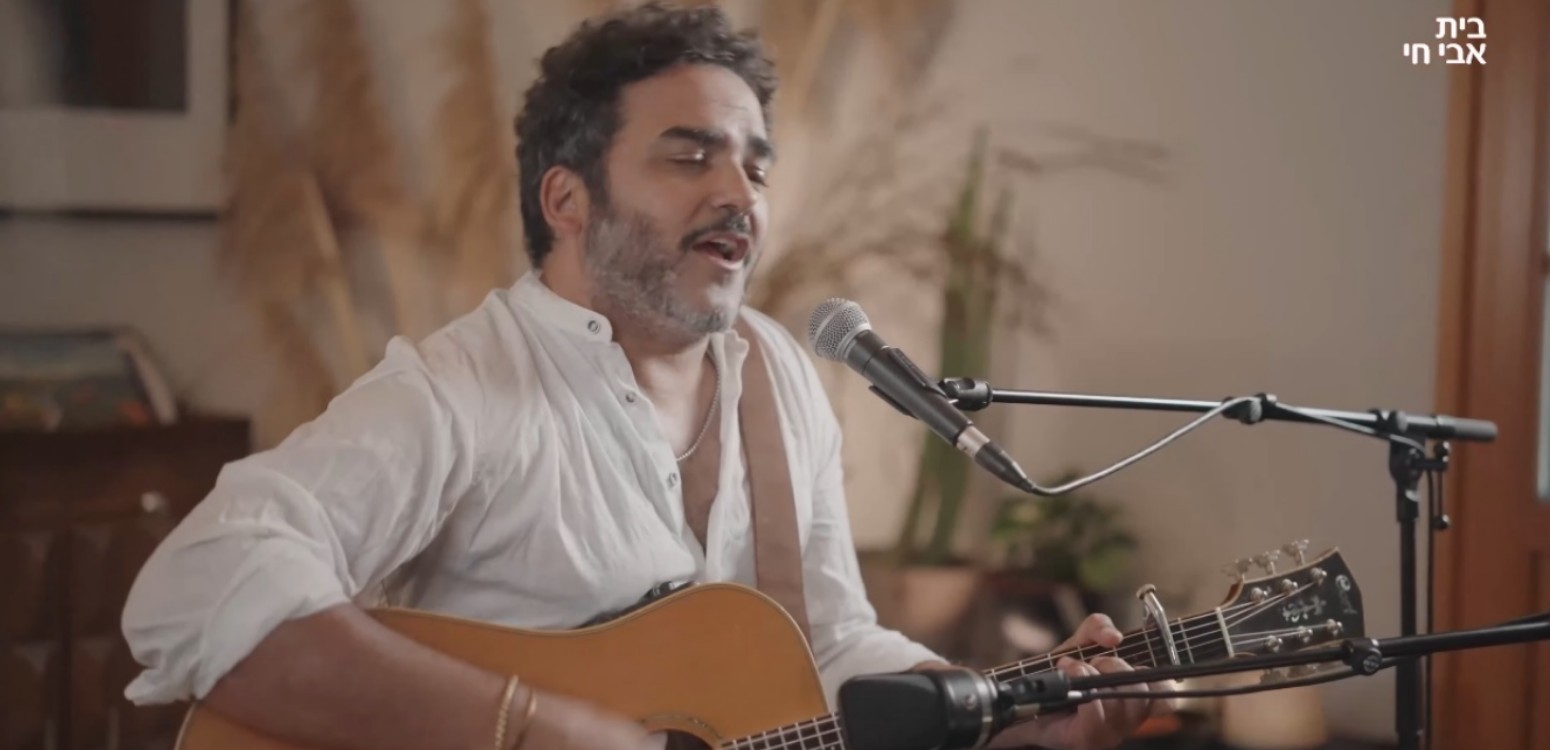In partnership with the IDF’s Education Department, Beit Avi Chai creates a special inspiration kit to offer soldiers moments of rest, reflection, and a chance to process—or momentarily disconnect from—the realities of war.
Since October 7, for over a year, IDF soldiers—both regular and reserve—have been fighting a high-intensity war, enduring immense physical and emotional strain. War disrupts routine, depriving soldiers of the time and space needed for self-care and processing their experiences. This is particularly true for 18–21-year-old mandatory service soldiers, navigating the chaos of war while undergoing the profound personal transition of coming of age. In many parts of the world, this phase would occur in the relative safety of college life; in Israel, it unfolds amidst military service and conflict.
In partnership with the IDF, Beit Avi Chai created a "Personal Inspiration Kit"—a portable study and reflection tool designed for moments of pause in the field. Adapted to the realities of war, it offers soldiers a chance to reflect, gain perspective, and find inspiration amid the turmoil.
In Hebrew the project is called Pakal Ruach, “Spiritual PK”L”, with PK”L (פק"ל) standing for “Standing Order for Battle” – the permanent, basic and necessary equipment that a soldier must carry with them to war. This kit is intended to be the necessary equipment for the mind and the soul, if you will.
The “Personal Inspiration Kit” is intended primarily for combat soldiers, and for anyone who is in continuous service and needs a little spiritual rest,” says Danna Bar Lev, content coordinator at Beit Avi Chai. “Military life shifts between urgency, combat, mission, and moments of stillness and boredom, even in wartime. From our perspective, the kit is intended for men and women alike, even though most of its recipients are men.”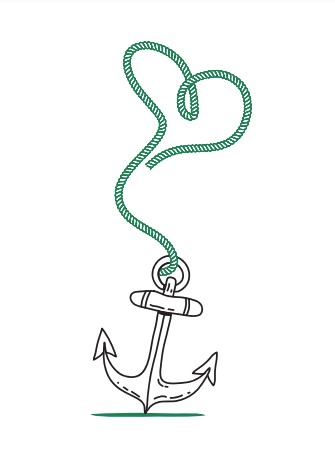
The kit includes a 112-page booklet, divided into 14 days, and intended to be read over two weeks. The entries for each day contain diverse sources of inspiration: poetry, songs, excerpts from works of philosophy and Jewish textual canon, quotes from different periods of Hebrew thought and writing. Among others, there are excerpts from the works by Jacqueline Kahanoff, Ehud Banai, David Grossman, Naomi Shemer, Etgar Keret, A.D. Gordon, Leah Goldberg, Shaul Tchernichovsky, Viktor Frankl, Mahatma Gandhi, Martin Luther King, Aya Korem and Adam Ben Amitai, Theodor Herzl, Yehuda Amichai, Meir Shalev and many more. Along with these sources of inspiration, the booklet offers thinking and writing exercises.
The booklet allows fighters, amidst the chaos of combat, to set aside a few minutes in the morning, evening or at any other time, for daily study. They can read one text from that day’s section, or all the texts that appear on the page, and consider, alone or in a group, the guiding questions, the accompanying exercises and what emotions the sources evoked in them as they read.
“The idea for the project was born from conversations at Beit Avi Chai and the IDF Education Department with whom we work that tried to bridge the gap between the demand that arose on the battlefield, the need for rest, and our desire ‘to help in a language we know’,” explains Bar Lev. “We work with creativity and ‘edu-tainment’ from the world of Israeli and Jewish texts, and this is something we were able to do in a way that responds to this need.”
The kits were developed in collaboration with the IDF Chief Education Officer. “We have been working with the IDF Education Corps on soldier training courses for a long time and the cooperation has always been fruitful.”
The Personal Inspiration Kit is part of a long tradition of reading, writing, and studying during war. There have always been soldiers who have privately brought something with them to read or something to write with during precious moments of respite. In the past, for example, the Ministry of Defense and the Chief Education Officer published the “The Backpack Library” – a collection of pocketbooks with the selection of best poetry, original literature, and world classics – books small enough to fit in a pocket, like the soldiers’ military ID cards and their personal emergency bandage.
How is the Personal Inspiration Kit different from an intimate and spontaneous conversation about a book that one of the soldiers is reading that takes place between soldiers in a moment of respite?
Bar Lev: “The Personal Inspiration Kit enables a journey between one's inner world and that of others, blending writing, sharing, and reflection. It offers flexibility for in-depth study or occasional use, with the added potential for external insights to reveal depths unattainable alone or with a friend.”
The Personal Inspiration Kit includes suggestions for writing exercises, and writing during a time of war requires emotional availability, even for those who are not in combat. Where does this availability come from during the breaks from combat? Where does the need for it come from?
“Writing is a versatile tool we use daily, from the mundane to the profound. Its accessibility makes it easy to start, often leading to surprising, meaningful insights. Sometimes, you simply need to begin, and it will flow naturally to where the soul needs it to go.”
15,000 physical copies of the Personal Inspiration Kit have been printed so far and distributed to the various combat units. A new print-run of the same edition is currently in production. Bar Lev says that Beit Avi Chai is considering other avenues, which might bring together the frontline and the home front, as well as additional projects that will meet other needs. “I really hope that our Personal Inspiration Kit touches people and does good,” she says.
I tried to assess the impact of the kit on the fighters through a conversation with Dr. Ron Ben-Tovim – a soldier and reservist who fought in the Second Lebanon War. Ben-Tovim researches war literature and soldiers’ literature at Ben-Gurion University. Recently, within the university, he and several other colleagues established a writing workshop for reserve soldiers, which Ben-Tovim conducts together with a social worker who facilitates groups.
“If I had to point out what makes a text about war into something that would interest me as a literary scholar, it is the idea that the war or the experiences it brings with it affect not only what is written but also how it is written,” says Ben Tovim. “That is, the style, as in literature in general, becomes much more important, almost as important as the content, because it tells a different story, quieter but no less dramatic. Sometimes it’s a story about what the war changed in me, and not a story about what I saw during the war.”
“I think it’s a very worthy thing to think about soldiers and the way they would want to express themselves in wartime. In this respect, the blank pages, the empty lines in the Personal Inspiration Kit are the most important part, and may serve as a very important reminder or testimony to those soldiers who will keep these booklets going forward, and who will be able to examine their feelings in retrospect and perhaps understand who they were in those moments.
“The most interesting part here, in my opinion, is discovering the style – the rather startling discovery that people tell stories differently from each other – and trying to understand how I tell stories and how I can tell my story? This may not be what people think of when they think of ‘imagination’, perhaps they think of something that someone invents from scratch. But in my opinion, imagination is revealed in its full power precisely when there is a need to tell something that, to your great regret, you did not invent at all. What you invent is how you will talk about it.”
For more about Beit Avi Chai’s “Personal Inspiration Kit” and to download a PDF version (in Hebrew).
Illustrations\ Dov Abramson Studio
